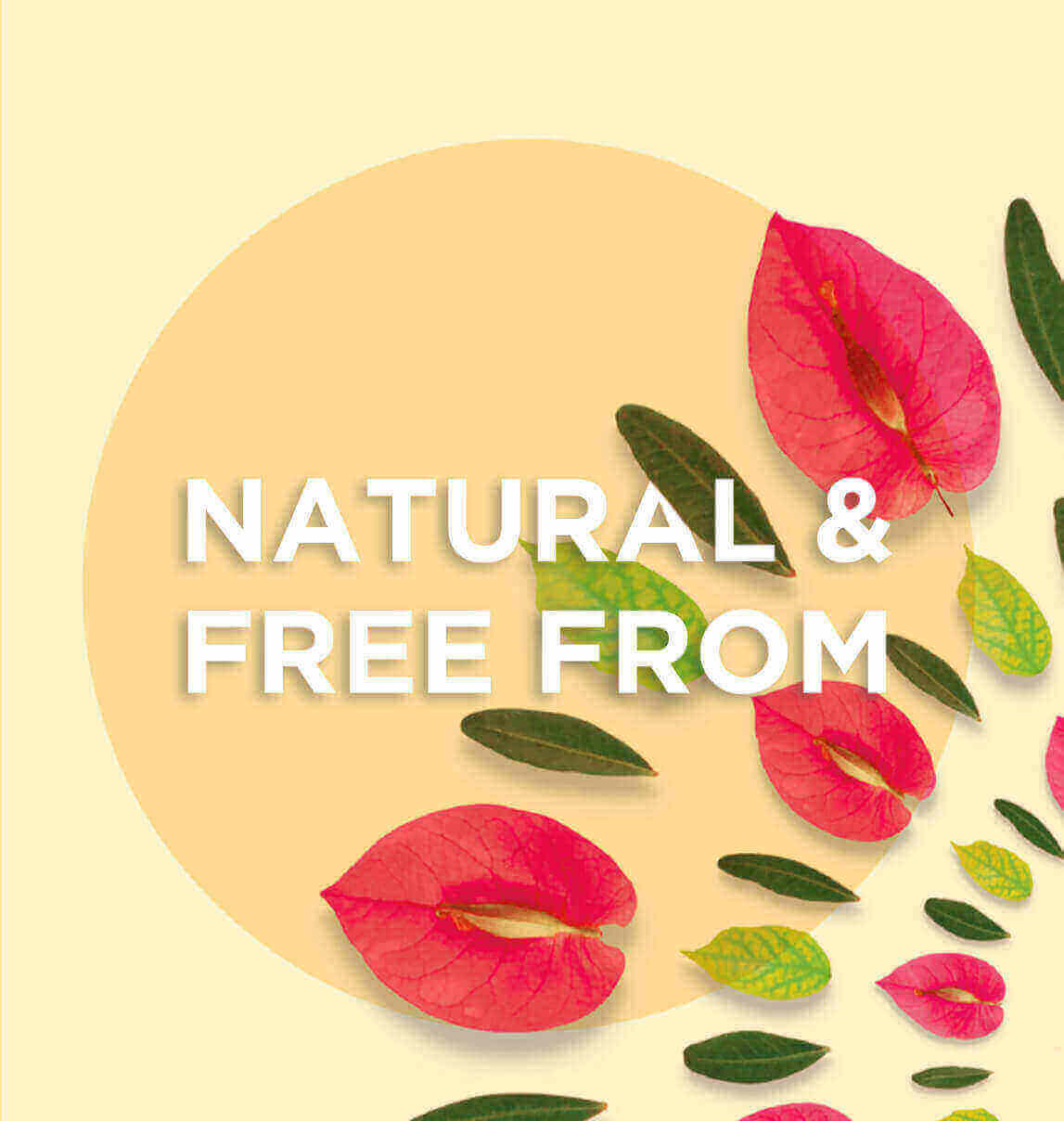With Spring in the air, it can be tempting to embark on quick-fix detox diets to rid our body of that winter dietary excess. However, it’s important to note that organs such as the liver, skin and kidneys are detoxing our body continuously. Rather than embarking on a ridged detox diet, why not support the body’s natural process by making a few healthy habits that stick. Here are some very doable suggestions.
- Healthy hydration
Hydration is key as water acts as a solvent for waste products allowing them to pass out of the body via urine and sweat. The British Dietetic Association recommends 1.6-2 litres of fluid per day, however, requirements will vary depending on the individual, their lifestyle and the weather. A great way to tell if you’re hydrated is to check the colour of your urine and aim for a straw or pale yellow colour.
*Supplements containing Riboflavin may change the colour of your urine
- Fibre up
A large proportion of waste products are removed via the gut, therefore supporting gut function is important. As a population we currently underconsume fibre, the target is 30g per day yet on average we consume just 17-18g per day. Fibre is crucial for keeping us regular, therefore enjoying a diverse range of fibre-rich plant-based foods within the diet is important. Try, fruits, vegetables, whole grains, beans and pulses, nuts and seeds.
Try Hello Days Bioharmony Balance containing prebiotic fibre and beneficial bacteria to support the health of our gut.
- Enjoy nature’s delight: Fennel
Fennel seeds have traditionally been consumed alongside meals to aid with digestion. Fennel extract has been shown to improve the motility of the intestinal smooth muscle, whilst reducing gas (1). A study of Irritable Bowel Syndrome (IBS) sufferers, showed that consumption of fennel seeds reduced stomach pain, with effects likely due to a special compound called anethole (4). Anethole has a similar structure to the neurotransmitter dopamine (2,3). A further study of 121 IBS patients, concluded that a combination of curcumin-fennel essential oil not only improved IBS symptoms but also improved quality of life when taken over 30 days (5).
- Try something different: black radish root
Black radish is a cruciferous vegetable and when compared to a traditional radish, it is slightly larger and more bitter and pungent in flavour. The root is the most potent part of the plant and a pilot study showed that supplementing with an extract for 4 weeks could upregulate phase I and phase II liver enzymes in healthy males. This exciting research suggests that the extract may have a positive influence on detoxification (6).
- Enjoy this humble vegetable: broccoli
Broccoli is another cruciferous vegetable, and extracts from broccoli such as sulforaphane have the potential to upregulate enzymes in both phase I and II detoxification pathways (7). Furthermore, these extracts may improve liver function through the reduction of oxidative stress (8). Exciting studies illustrate that broccoli along with other cruciferous vegetables may help to clear caffeine from the body more rapidly. Whilst more research is required, it appears these vegetables can induce cytochrome P450 enzymes in the liver, which are required for caffeine metabolism (9,10,11,12).
- Don’t forget protein: taurine
Taurine is a sulphur-containing amino acid, with meat, fish and dairy being main food sources. Taurine is an important ingredient within bile, and bile is essential for removing certain waste products from the body including excess cholesterol (13).
Consider Hello Day’s Digestion Detox to help support your body’s natural detox process.
References:
1. https://www.jgld.ro/jgld/index.php/jgld/article/view/1100/347
2. https://linkinghub.elsevier.com/retrieve/pii/S0378874101002495
3. https://pubmed.ncbi.nlm.nih.gov/15296096/
5. https://pubmed.ncbi.nlm.nih.gov/27308645/
6. https://www.ncbi.nlm.nih.gov/pmc/articles/PMC4295395/
7. https://www.ncbi.nlm.nih.gov/pmc/articles/PMC4295395/
8. https://www.ncbi.nlm.nih.gov/pmc/articles/PMC4488002/
9. https://www.ncbi.nlm.nih.gov/pmc/articles/PMC4649129/
10. https://pubmed.ncbi.nlm.nih.gov/17266520/
11. https://pubmed.ncbi.nlm.nih.gov/32086800/





